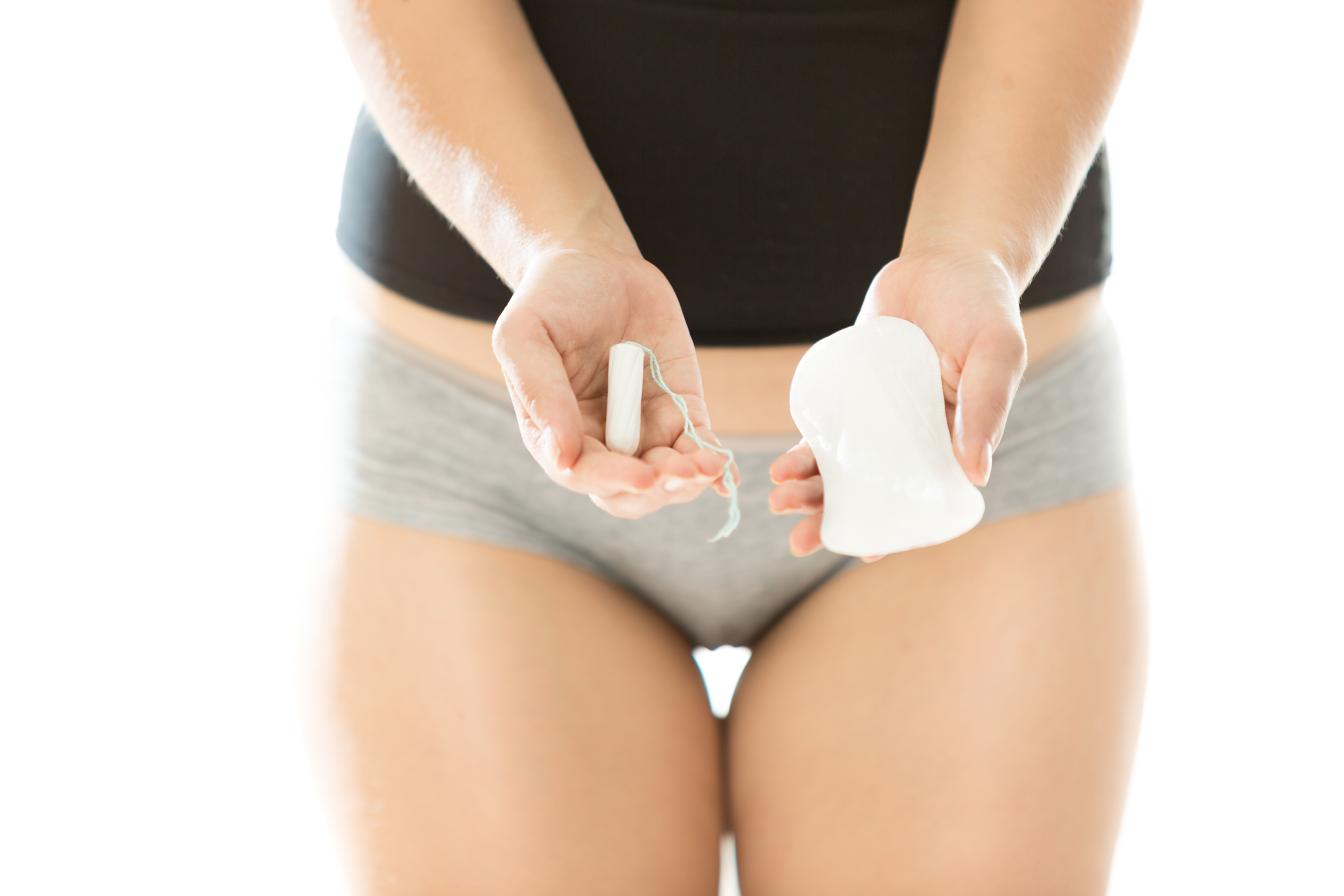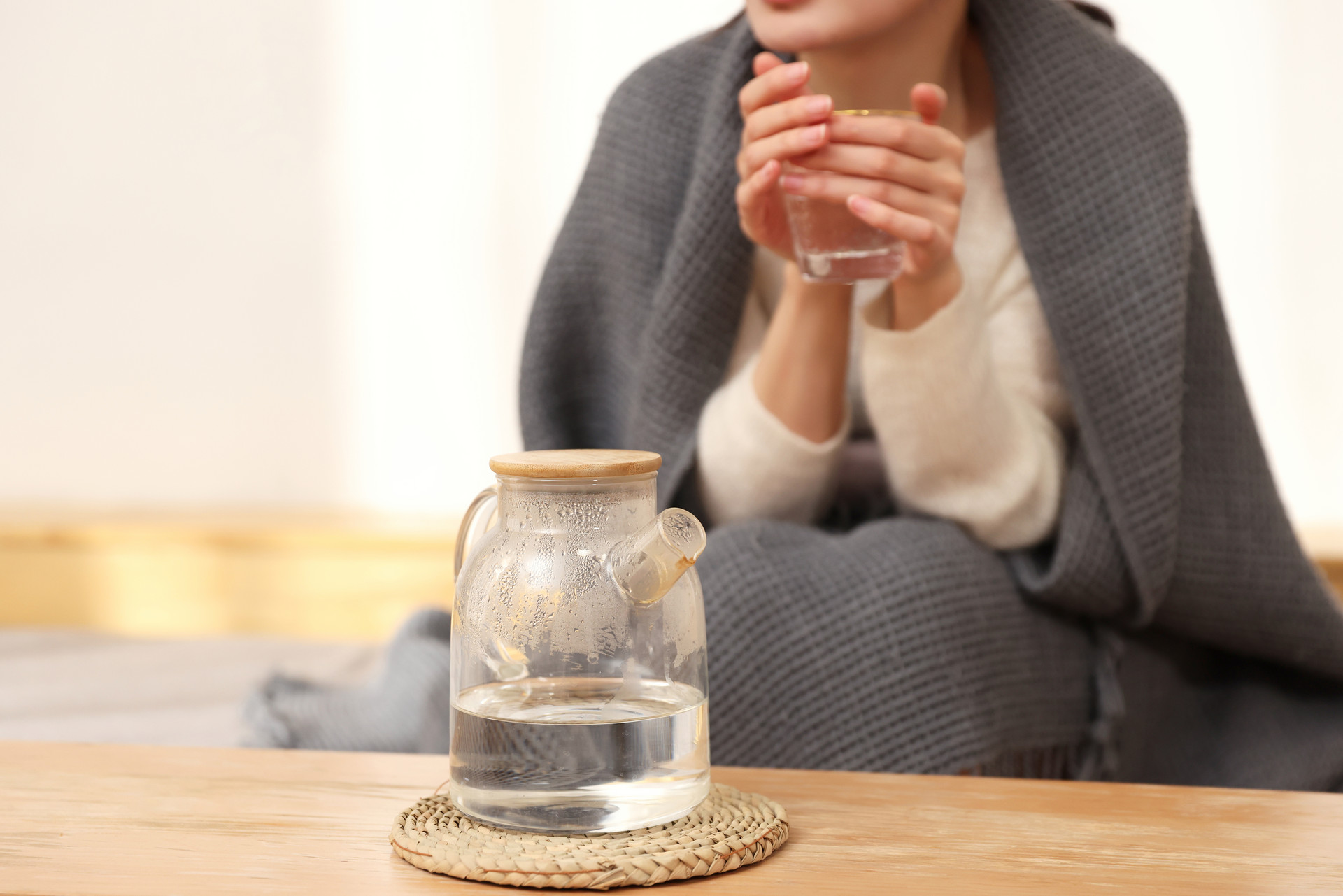Do not sit by the poolside
Many girls, when resting by the pool, casually sit on the ground or on a platform in their swimsuits. This can easily cause gynecological inflammation. If there are fungi from athlete's foot on the ground, sitting on it can easily lead to fungal vaginitis. To prevent vaginitis while swimming, do not sit around in wet swimwear. If you need to sit by the poolside, you can place a towel on the surface to prevent direct contact with the skin. After swimming, make sure to urinate to clean the area. After swimming, be sure to thoroughly clean the external genitalia.
Avoid direct contact with public chairs and benches
The dressing rooms of public swimming pools are usually quite simple, with chairs, toilets, and lockers being shared. Although the swimming pool is regularly cleaned, it is difficult to guarantee that there are no bacteria left behind.
Therefore, when changing clothes, women should try to avoid direct contact between their skin and the chairs. If sitting is necessary, a clean towel should be placed on the surface. The clothes that have been taken off should be put in a clean bag, especially underwear, which is best wrapped inside the outer clothes or packed separately. It is also important to remain cautious during the swimming process.
Avoid swimming during menstruation and 4 days before and after
Although the water in the swimming pool is circulated and disinfected, it is not possible to completely sterilize the water. In some places where disinfection is not thorough, there is even less guarantee. During menstruation and the 4 days before and after, women's body resistance is weakened, making them more susceptible to bacterial infections. Additionally, the temperature of the swimming pool water is usually lower than body temperature, causing blood vessels to contract. This constriction of small blood vessels can hinder the smooth flow of menstrual blood, reducing blood volume and easily causing gynecological diseases.
Although the vagina has self-cleaning and natural defense functions, women's resistance is relatively weakened during the premenstrual period. If swimming in an unclean water environment at this time, water containing pathogenic microorganisms can enter the reproductive organs such as the vagina, uterus, and fallopian tubes, causing bacterial vaginitis, salpingitis, and other gynecological diseases.
Avoid swimming if you have gynecological diseases
Modern women face high stress levels, busy work schedules, irregular sleep patterns, and weakened resistance, all of which can trigger gynecological inflammation. If a woman has gynecological inflammation, especially during the treatment period, she should absolutely avoid swimming. Otherwise, she is at high risk of being infected by bacteria in the water, which can worsen the condition.
In conclusion, it is important to strengthen self-protection and follow the above "rules" while swimming. Even without gynecological inflammation or being in the menstrual period, it is still necessary to pay attention and enhance self-health protection awareness during swimming to minimize the chance of bacterial infections.




